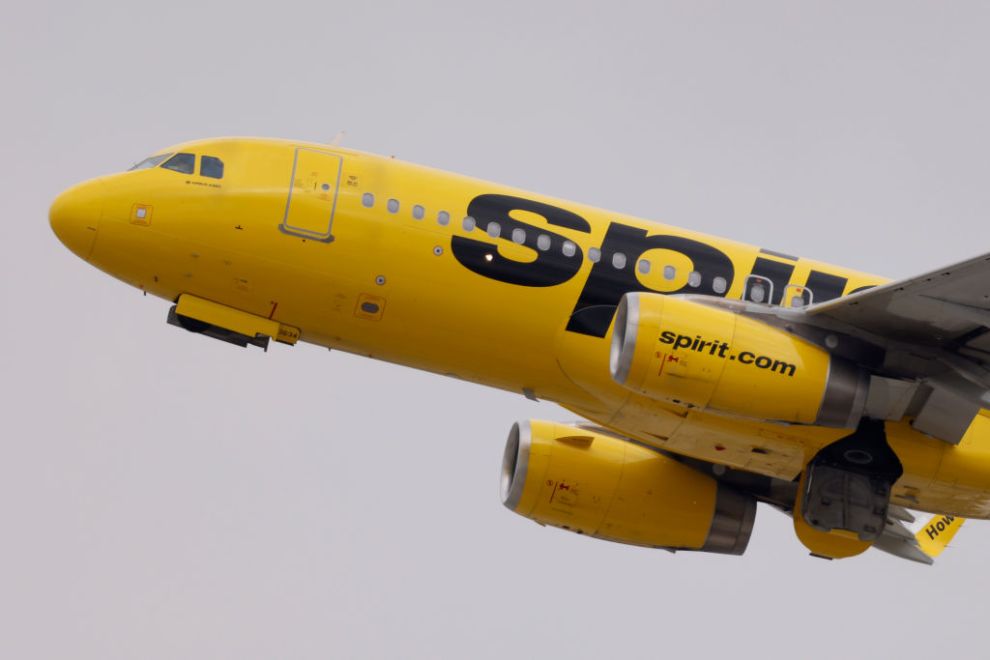Spirit Airlines is sounding the alarm on its own survival. The ultra-low-cost carrier warned investors there is “substantial doubt” about its ability to continue operating over the next year.
The warning comes just five months after Spirit emerged from Chapter 11 bankruptcy, in March 2025, with hopes of a smoother path ahead. Instead, the airline continues to grapple with weak leisure travel demand, intense competition, and elevated domestic capacity.
Uncertain Outlook
Spirit’s second-quarter results spotlight the strain. Net losses widened to $245.8 million, up from a $192.9 million loss the prior year. Its share price plunged roughly 40 percent, closing near $2.10.
The company cited liquidity fears tied to debt obligations and a credit-card processing agreement that may require more collateral. Management noted adverse market conditions are expected to persist through the rest of 2025.
Steps Taken, But Still Struggling
Spirit has trimmed costs by furloughing 270 pilots and demoting 140 captains. It has also added premium offerings—like “Go Comfy” seating and tiered pricing—to attract higher-spending passengers.
Yet these efforts may not be enough. The airline may need to sell aircraft, airport gates, or real estate to raise vital cash. Without a major infusion of funds or improved performance, its viability remains in doubt.
Impact on the Industry
Spirit’s bleak outlook had immediate ripple effects. Rival carriers—including Frontier, JetBlue, and Southwest—saw their stock prices surge. Analysts suggest that if Spirit exits the market, fares could climb on routes where it had kept prices low.
Savanthi Syth of Raymond James noted, “The biggest benefits to industry pricing from further pullback or exit by Spirit would be in routes where both Spirit and Frontier compete,” where prices historically run about 15 percent lower.
What Travelers Should Know
For now, Spirit continues to operate flights. Travelers with existing bookings will not face immediate disruption. CEO Dave Davis acknowledged the alarm, but stressed in a memo that the term “substantial doubt” was required by auditors—not an indication of looming collapse. He added, “But, we are… confident the company can build a Spirit that will continue to provide customers the unmatched value that they have come to expect.”

